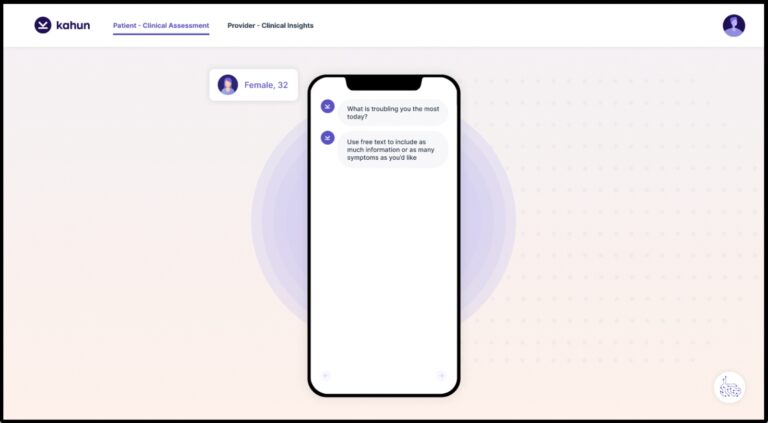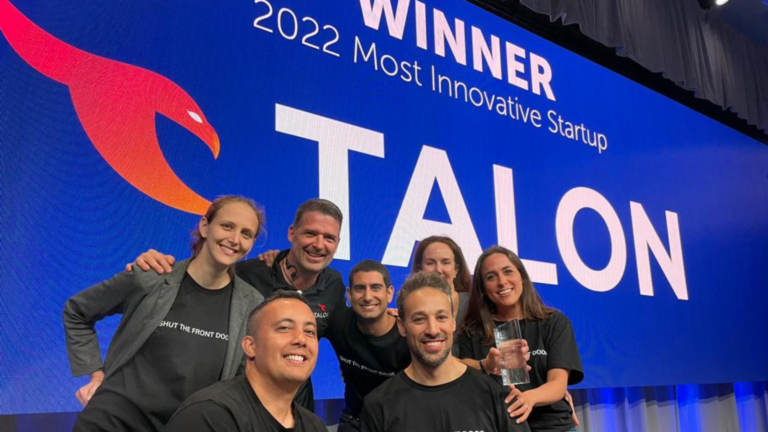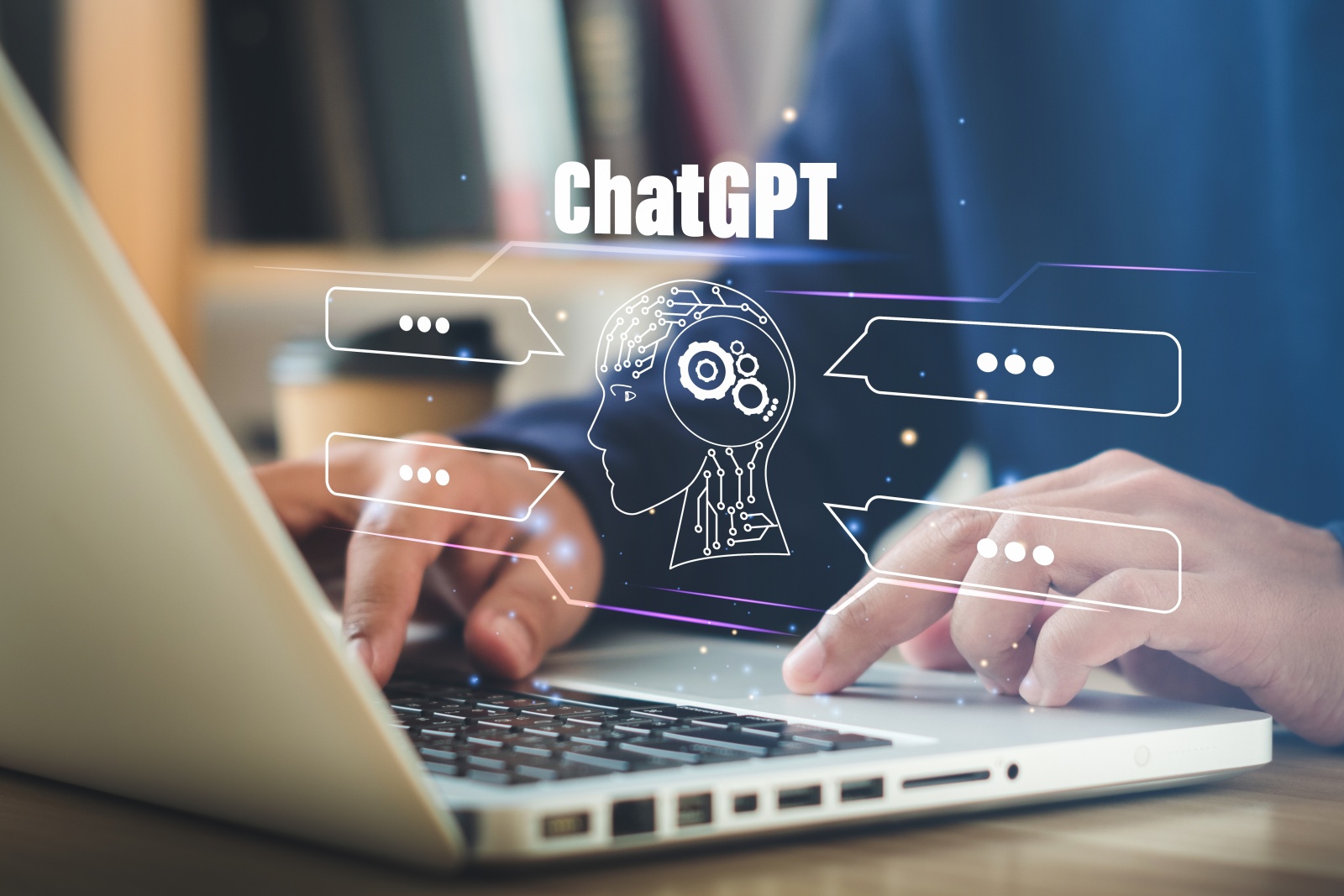Generative AI is transforming the way we do everything from writing term papers to writing code.
Here in Israel, we’re seeing more and more companies incorporating OpenAI’s massively popular ChatGPT and DALL-E or similar technologies into their own products.
We reported previously that Mixtiles introduced Daydream to bring the magic of gen AI to custom artwork; Tastewise launched TasteGPT to give food and beverage makers product development insights; and Rakuten Viber added a generative AI Chat & Create chatbot to its traditional messaging app.
D-ID, which uses gen AI to animate videos based on images and text, recently launched a realistic-looking artificially intelligent chatbot using popular generative AI tools like GPT3 and LaMDA.
Now, we can share more new ways gen AI is enhancing Israeli technologies:
1. Digital-health startup Kahun has integrated ChatGPT into its XAI chatbot, which patients use ahead of a medical appointment to reduce in-office time spent on assessing conditions.

The bot engages in human-like conversation because it understands both medical jargon and everyday language, even slang.
Eitan Ron, CEO and cofounder of Kahun, said, “In integrating ChatGPT, we’re really tapping into the best of both worlds by merging our clinical-reasoning machine with an LLM [large language model] that can interact with patients and physicians with never-before-seen fluency.”

2. Dot Compliance has introduced an industry-first electronic quality management system (eQMS) for life sciences.
It’s powered by ChatGPT and proprietary algorithms to optimize quality processes, automate tasks and help quality assurance professionals enhance compliance for pharmaceutical and medical device organizations.
“The life sciences industry has quite rightfully a meticulous, yet painstaking process for stewarding new products to market. This process must remain as safe and detailed as is required, but it can be made exponentially more efficient,” said Doron Sitbon, founder and CEO at Dot Compliance. “We are the first company to introduce generative AI to the quality and compliance space in this way.”
3. AI21 Labs, an Israeli startup using generative AI to change the way people read and write, has made its Wordtune generative AI feature, Spices, available on Google Docs through a Chrome extension.
Spices does not replace the writer but rather works alongside a writer, generating textual options to add to and enhance sentences. Spices can also suggest statistics to strengthen an argument or sharpen a detail. Unique among current LLMs, Spices cites the original source of the stats it suggests.
4. Talon Cyber Security has integrated its secure enterprise browser with Microsoft Azure OpenAI Service to provide enterprise-grade ChatGPT access to customers.
“The productivity gains that ChatGPT enables for organizations are too game-changing for us to not make an enterprise-level version of this easily available to our customers,” said Ofer Ben-Noon, cofounder and CEO of Talon.

With the integration, organizations can maintain optimal data protection, keeping data put into ChatGPT within the perimeter and preventing it from transferring to third-party services. When using ChatGPT in Azure OpenAI Service, the organization uses its Azure resources, so sensitive data is not delivered to other locations, improving data security and reducing risk.
5. Fullpath (formerly AutoLeadStar), a customer data and experience platform used by 1,000 dealerships across North America, is launching the first ChatGPT4-powered product tailored specifically for automotive dealership.
Fullpath’s AI chat will seamlessly integrate with dealership data sources like CRMs, inventory feeds, and car specials so shoppers can interact with the chat in the most sophisticated way. Over 500 North American dealerships signed up for the waitlist to implement Fullpath’s Chat GPT4 solution upon its full release.

















